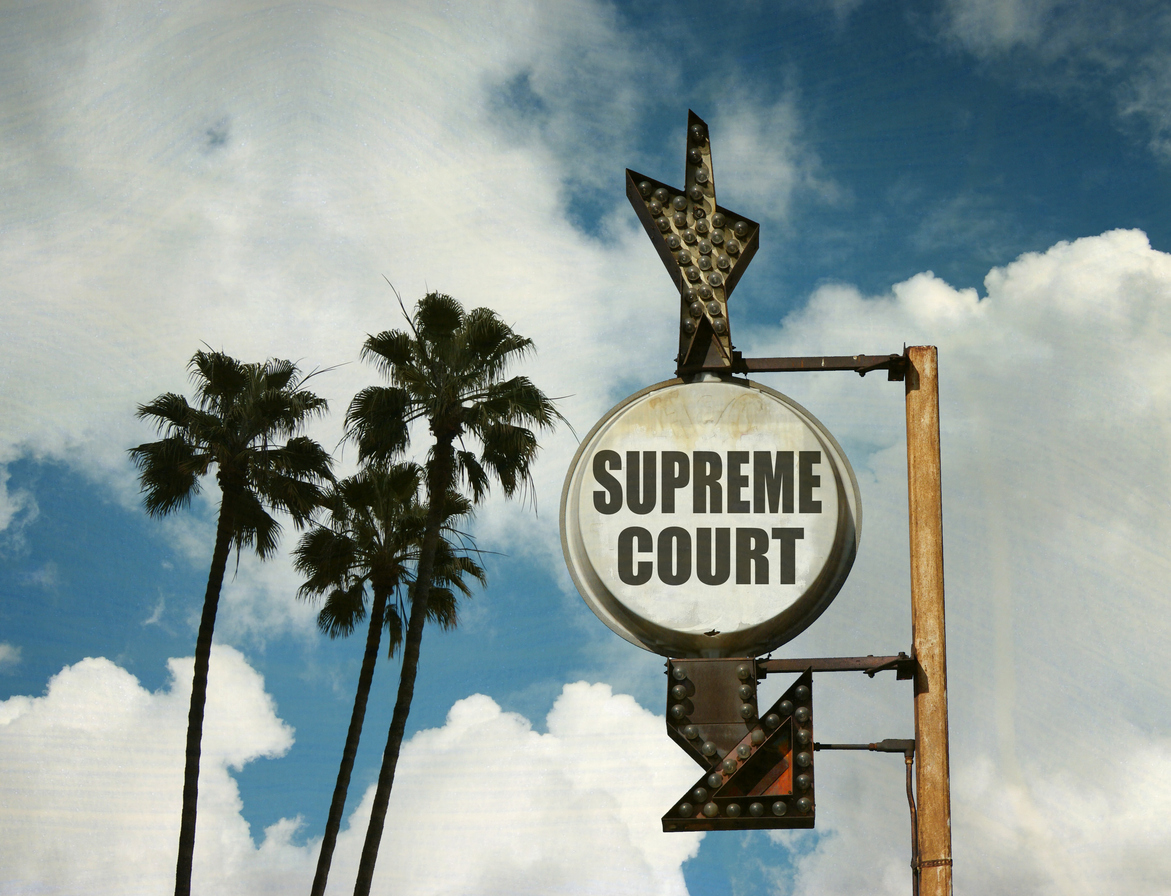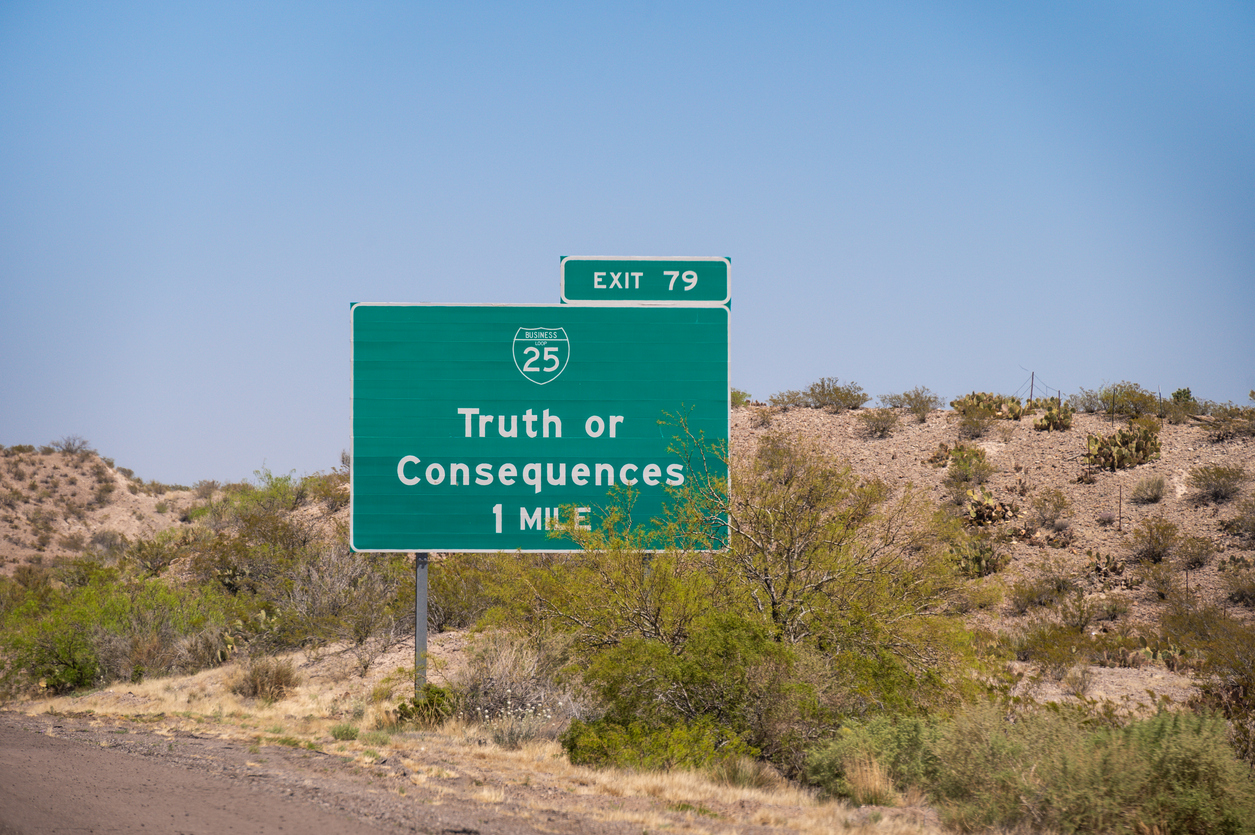Yesterday, I was having a discussion with a public adjuster about a claim where the insurance company was depreciating the cost of labor in addition to the damaged property when calculating actual cash value (ACV). In California – and using the parlance of my 11-month year old son – that is a "no no." Under California Code of Regulations section 2695.9(f)(1), "the expense of labor necessary to repair, rebuild or replace covered property is not a component of physical depreciation and shall not be subject to depreciation or betterment."
It is important to note that in some states, Texas being one, insurers are allowed to depreciate labor in calculating ACV.1
I am providing below the entirety of section 2695.9 "Additional Standards Applicable to First Party Residential and Commercial Property Insurance Policies" because it provides guidance on a number of issues that frequently come up. Those assisting policyholders with their claims should become familiar with these regulations:
"(a) When a residential or commercial property insurance policy provides for the adjustment and settlement of first party losses based on replacement cost, the following standards apply:
(1) When a loss requires repair or replacement of an item or part, any consequential physical damage incurred in making the repair or replacement not otherwise excluded by the policy shall be included in the loss. The insured shall not have to pay for depreciation nor any other cost except for the applicable deductible.
(2) When a loss requires replacement of items and the replaced items do not match in quality, color or size, the insurer shall replace all items in the damaged area so as to conform to a reasonably uniform appearance.
(b) No insurer shall require that the insured have the property repaired by a specific individual or entity.
(c) No insurer shall suggest or recommend that the insured have the property repaired by a specific individual or entity unless:
(1) the referral is expressly requested by the claimant; or
(2) the claimant has been informed in writing of the right to select a repair individual or entity and, if the claimant accepts the suggestion or recommendation, the insurer shall cause the damaged property to be restored to no less than its condition prior to the loss and repaired in a manner which meets accepted trade standards for good and workmanlike construction at no additional cost to the claimant other than as stated in the policy or as otherwise allowed by these regulations.
(d) If losses are settled on the basis of a written scope and/or estimate prepared by or for the insurer, the insurer shall supply the claimant with a copy of each document upon which the settlement is based. The estimate prepared by or for the insurer shall be in accordance with applicable policy provisions, of an amount which will restore the damaged property to no less than its condition prior to the loss and which will allow for repairs to be made in a manner which meets accepted trade standards for good and workmanlike construction. The insurer shall take reasonable steps to verify that the repair or rebuilding costs utilized by the insurer or its claims agents are accurate and representative of costs in the local market area. If the claimant subsequently contends, based upon a written estimate which he or she obtains, that necessary repairs will exceed the written estimate prepared by or for the insurer, the insurer shall:
(1) pay the difference between its written estimate and a higher estimate obtained by the claimant; or,
(2) if requested by the claimant, promptly provide the claimant with the name of at least one repair individual or entity that will make the repairs for the amount of the written estimate. The insurer shall cause the damaged property to be restored to no less than its condition prior to the loss and which will allow for repairs in a manner which meets accepted trade standards for good and workmanlike construction at no additional cost to the claimant other than as stated in the policy or as otherwise allowed by these regulations; or,
(3) reasonably adjust any written estimates prepared by the repair individual or entity of the insured’s choice and provide a copy of the adjusted estimate to the claimant.
(e) Once the appraisal provision under an insurance policy is invoked, the appraisal process shall not include any legal proceeding or procedure not specified under California Insurance Code Section 2071. Nothing herein is intended to preclude separate legal proceedings on issues unrelated to the appraisal process.
(f) When the amount claimed is adjusted because of betterment, depreciation, or salvage, all justification for the adjustment shall be contained in the claim file. Any adjustments shall be discernable, measurable, itemized, and specified as to dollar amount, and shall accurately reflect the value of the betterment, depreciation, or salvage. Any adjustments for betterment or depreciation shall reflect a measurable difference in market value attributable to the condition and age of the property and apply only to property normally subject to repair and replacement during the useful life of the property. The basis for any adjustment shall be fully explained to the claimant in writing.
(1) Under a policy, subject to California Insurance Code Section 2071, where the insurer is required to pay the expense of repairing, rebuilding or replacing the property destroyed or damaged with other of like kind and quality, the measure of recovery is determined by the actual cash value of the damaged or destroyed property, as set forth in California Insurance Code Section 2051. Except for the intrinsic labor costs that are included in the cost of manufactured materials or goods, the expense of labor necessary to repair, rebuild or replace covered property is not a component of physical depreciation and shall not be subject to depreciation or betterment."
I am frequently asked questions about various insurance claim-related issues or topics. If something has you stumped, please feel free to contact me and I will do my best to provide an answer.
1 Tolar v. Allstate Texas Lloyd’s Co., 772 F.Supp.2d 825, 832 (N.D.Tex. Mar 22, 2011).



